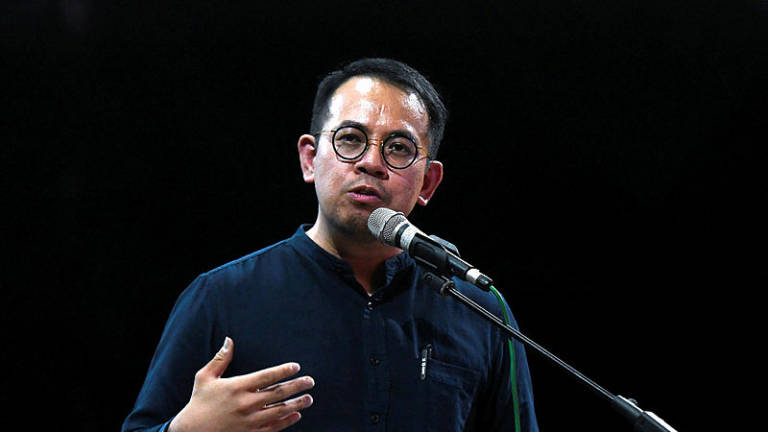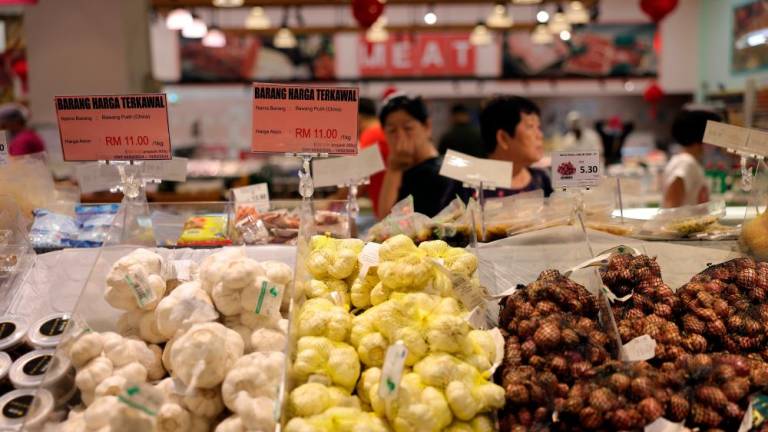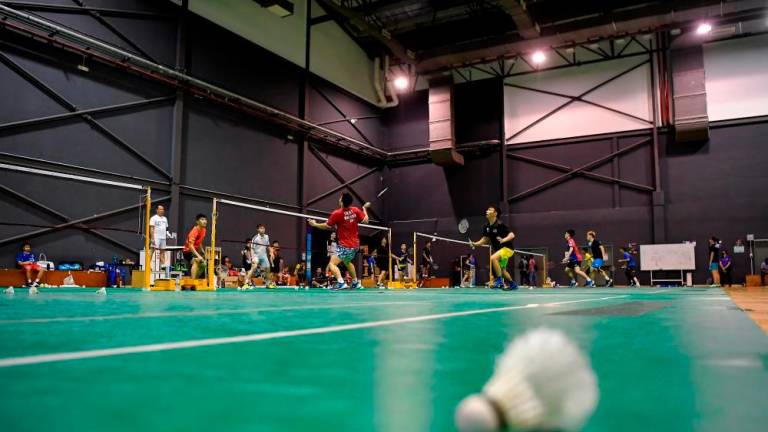GEORGE TOWN: Penang will take the digital route to help its world-famous street food industry after the Covid-19 pandemic brought the food and beverage sector to a standstill.
“Penang Fights Covid-19” campaign director Steven Sim Chee Keong (pix), who is the Bukit Mertajam MP, said Penang’s street food is world famous but the pandemic has stifled the sector.
To deal with this, both city councils in Penang have launched campaigns to assist hawkers and small traders to digitalise their businesses, he said in a statement today.
With 14,000 licensed standalone hawkers and small traders, and perhaps an equal number of those who operate in kopitiams as well as food courts, the opportunity for digital economy in this sector is huge, Sim said.
“Anticipation of the next normal is helping to expedite digitalisation,” he said.
An immediate test will be the state’s pilot Ramadan “e-Bazar” which will operate in the coming days during the Ramadan month.
“The two city councils will be using a paperless process to register as many hawkers and traders as possible to sign up and offer online food services with tie-ups with the food delivery services here,“ he added.
Sim also spoke on crowdsourcing solutions for the next normal where measures such as social distancing, wearing of personal protective attire and strong personal hygiene become the norm.
This weekend, Penang will host a virtual roundtable, this time with stakeholders in the tourism sector, which is one of the economic drivers.
According to the state think tank Penang Institute, the services sector will be the most affected one in Penang due to Covid - 19.
“Technology gives us an opportunity to collaborate remotely.”
Sim envisioned that the opportunity for better digitalisation efforts is a huge prospect for Penang.
The two city councils are already exploring thermal cameras to be incorporated into the widespread CCTV installations throughout the state.
The healthcare sector is anticipating the rise of telehealth where medical products and services are delivered via smartphones, video call system, apps or even the traditional telephone network, he said.
“The new norm is difficult in that it reduces us to some sort of quasi-solitary living. Technology, to an extent, helps us to close the gap and perhaps soon, it will further improve the quality of our lives including curing Covid-19.”













